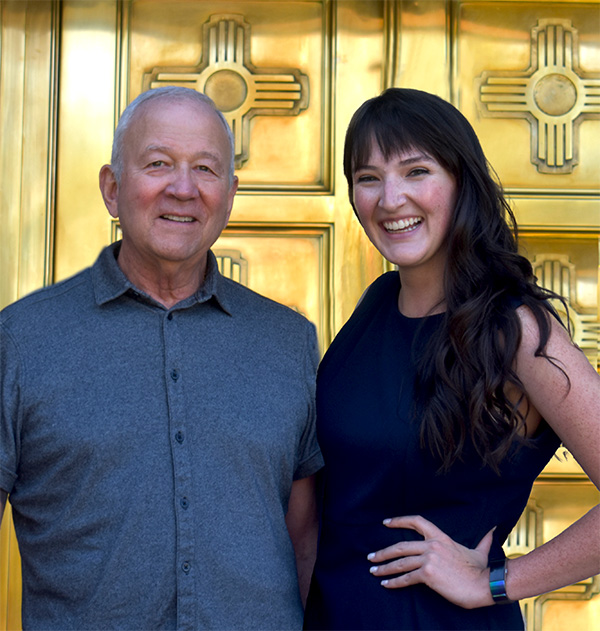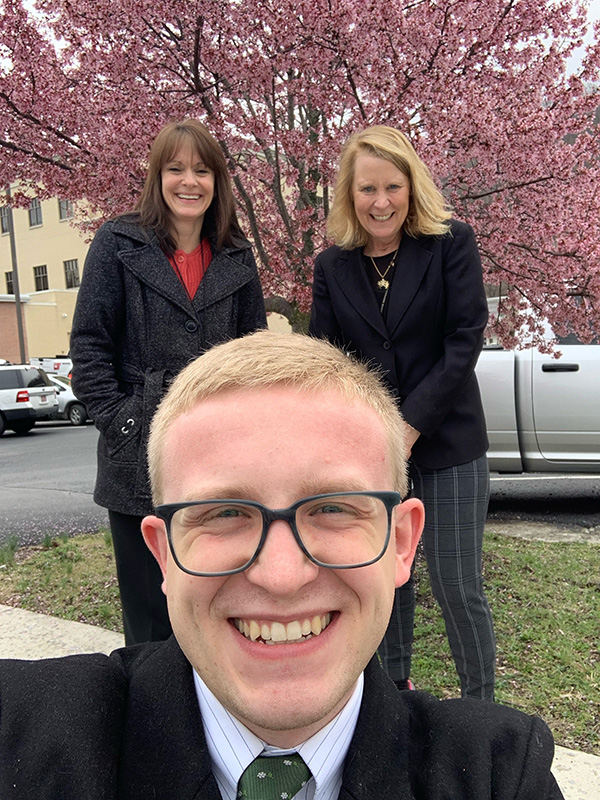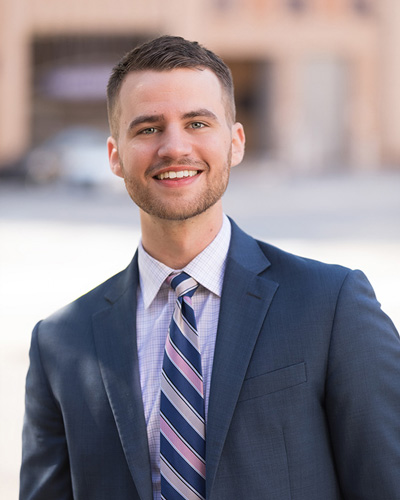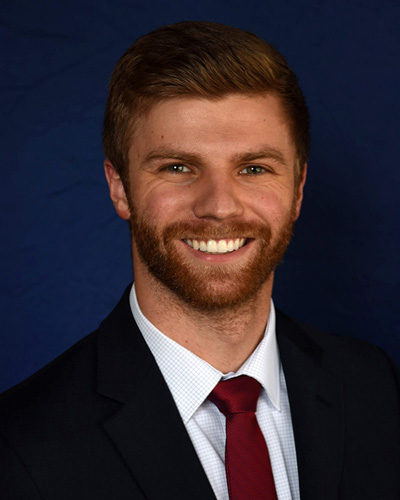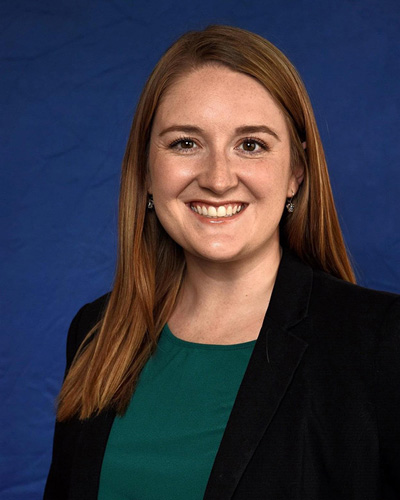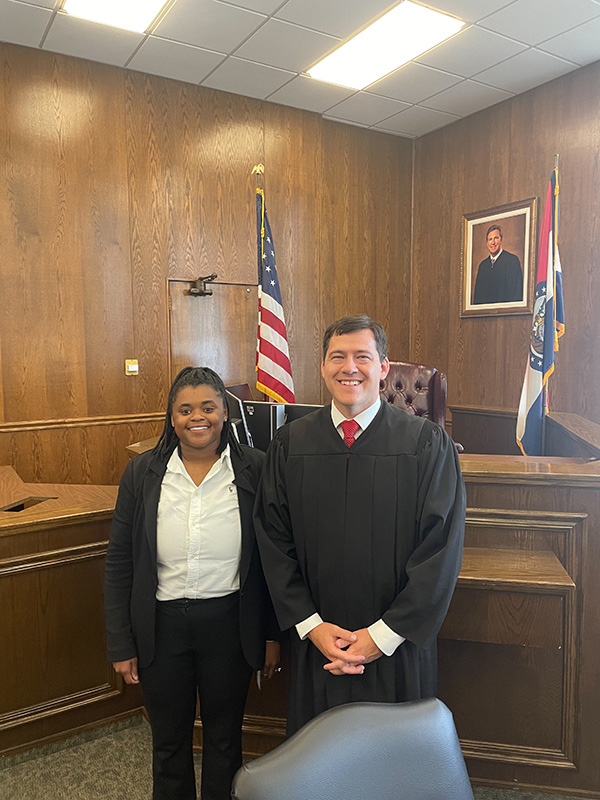KU Law students have taken advantage of law school resources to find clerkships in federal or state courts
In recent years, KU Law students have landed clerkships all around the country. In the Class of 2021 alone, 15 of the 98 students secured a state, federal or tribal clerkship post-graduation.
A clerkship is a prestigious and challenging post-graduate opportunity for law students to develop a relationship with a judge and observe legal practice in action.
Emma Easom, L’21, did her clerkship under Chief Justice Michael E. Vigil in the New Mexico Supreme Court.
“I am so grateful for the opportunity to actively effect change through my work, hone my research and writing skills, and promote equity through the law,” Easom said. “It has been a privilege to clerk for and be mentored by Justice Vigil. My clerkship has solidified my passion for advocacy and engaging with challenging legal questions.”
Students interested in applying for clerkships in both federal and state courts can get help from the law school’s Career Services Office and Judicial Clerkship Committee. They provide outreach, information, and guidance to students to help them realize the chance to serve the public and the legal profession in this way.
“It’s a privilege to work with students interested in pursuing judicial clerkships at any level,” said Meredith Wiggins, assistant director of career services and judicial clerkships. “Clerking for a judge after graduation is an incredible opportunity and can provide a meaningful boost to future employment. We’re proud of the success our students have had regionally and nationally in securing clerkships.”
Zachary Kelsay, L’21, worked in the 23rd Judicial Circuit Court of West Virginia under Hon. Debra McLaughlin, L’93, for his clerkship.
“During my clerkship, I had the opportunity to help with several trials, one of which was televised on Court TV,” Kelsay said.
Blaine Smith, L’21, clerked for Hon. Lesley Isherwood in the Kansas Court of Appeals.
“My experience gave me substantive exposure to several areas of law that I previously had never thought about,” Smith said. “On any given day, I could be working on a criminal case, a family law matter, or an obscure jurisdictional issue. On top of that, I got a chance to hone my research and writing skills so I can be more efficient and effective in practice. Thanks to Judge Isherwood’s patience and generosity, I know that my clerkship experience will make me a better lawyer in the years to come.”
Jake Schmidt, L’21, works in the United States District Court for the District of Kansas with Chief Judge Eric Melgren for his clerkship. His clerkship is a two-year term.
“Clerking is one of the best experiences you can have right out of law school. Clerks gain a great mentor in their judge and have the opportunity to learn the ins and outs of judicial decision-making very early in their career,” Schmidt said.
Kirstyn Dvorak, L’21, did her clerkship in the Kansas Court of Appeals with Hon. Stephen D. Hill.
“The opportunity to be mentored by Judge Hill is invaluable and something I will forever be grateful for,” Dvorak said. “It has been extremely rewarding to see how my research and writing skills have improved since starting my clerkship. I have learned many lessons about both appellate and trial court practice that will serve me well throughout my career.”
Terra Brockman, L’20, clerked in the 16th Circuit Court of Jackson County, Missouri for Hon. Adam L. Caine.
“My clerkship provided me invaluable experience, allowing me to hone my research, writing and analytical skills. In addition to learning a tremendous amount from Judge Caine, I gained a mentor in the process,” Brockman said.
The Career Services Office at KU Law has several resources available to help students land clerkships. The Judicial Clerkship Committee, made up of KU Law faculty and CSO staff, encourages students to start thinking about clerking. The committee reviews clerkship application materials, mails the applications, provides letters of recommendation and conducts clerkship mock interviews.
Thirteen graduates in the Class of 2021 secured full-time, long-term judicial clerkships, including two clerking with federal courts. KU Law is among the top quarter of law schools nationally for the percentage of graduates in clerkships. Two additional graduates completed short-term clerkships before moving on to positions with law firms.
— By Sarah Pickel
